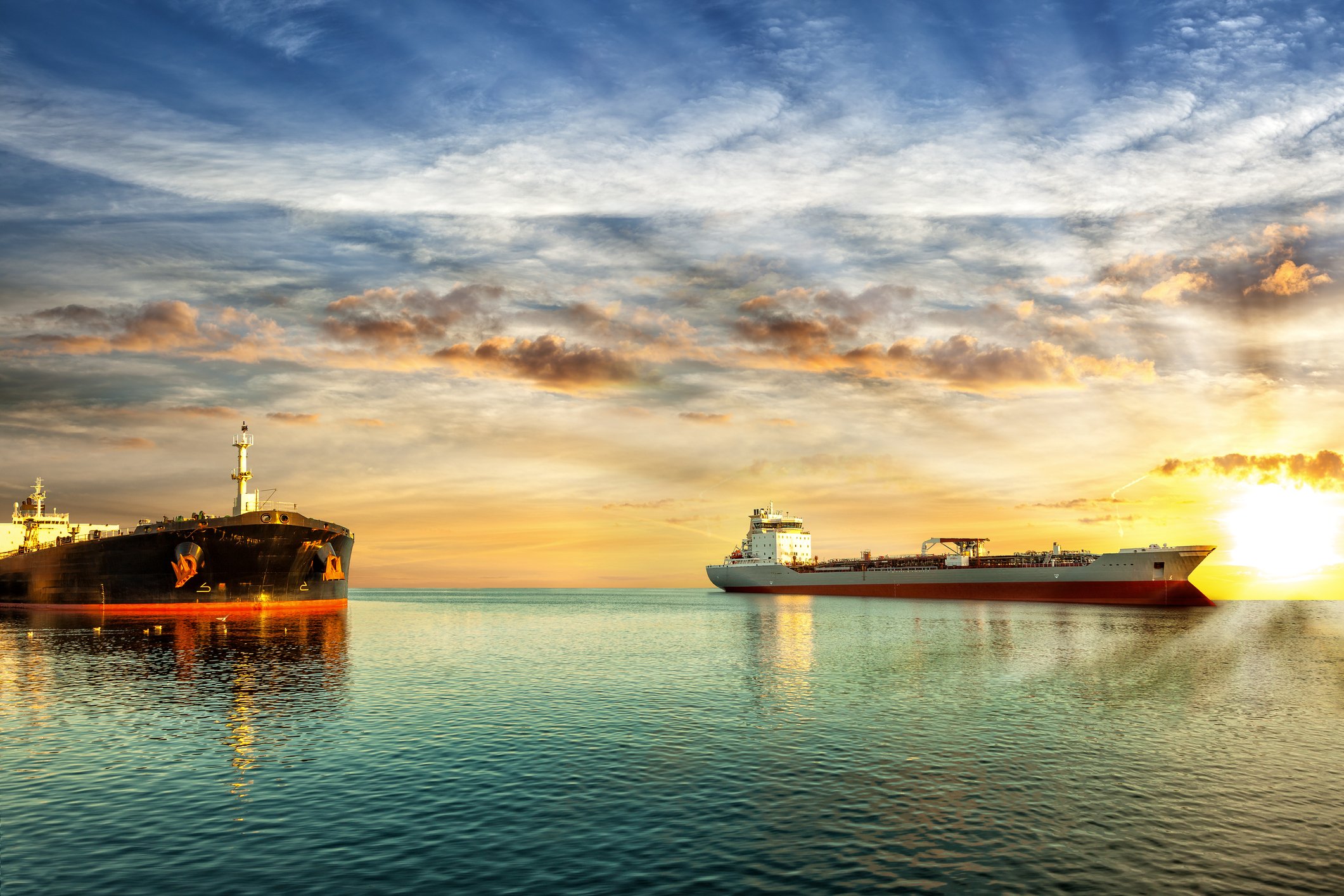Angeliki Frangou is the CEO of two dry shipping companies: Navios Maritime Partners (NYSE: NMM) and Navios Maritime Holdings (NYSE: NM). The earnings reports and conference calls of the two are about three weeks apart -- Navios Martime Partners reported on Jan. 29 and Navios Martime Holdings reported on Feb. 19 -- so it's a good idea to check both reports to gain insight into the industry. While Frangou remained consistently optimistic on both conference calls, it was the latter call that contained something that contradicted DryShips (DRYS +0.00%) CEO George Economou's recent industry assessment. What this indicator is may surprise you.
What they agree on
Both CEOs believe that 2014 and 2015 will be excellent years for their companies. Economou is "very excited" as he sees a "clear sign of a balance supply demand picture." To him, that means expected increased global demand will lead to higher rates and higher cash flow for DryShips.
Economou was proud to say during the conference call on Feb. 19 that DryShips is "a pure shipping company with predominantly spot market exposure in 2014 and beyond." He expects rates to rise and DryShips to be in excellent position to benefit.
Both he and CFO Ziad Nakhleh see a number of factors that "can really set the markets on fire." These are strong words. They believe DryShips and the industry will benefit from an improved global economy, improved steel production demand along with improved steel margins, seasonal factors, and reduced ship supply.
This is in line with the results and conference call from Navios Maritime Partners. Frangou is so confident about 2014 and beyond that she promised to keep the generous quarterly dividend the company is paying through the end of 2015, and is positioned to raise it in the medium term.
Navios Maritime Partners believes, in the words of Frangou, "The drybulk environment has brightened significantly". She, just like management at DryShips, expects cheaper iron ore prices, more volumes shipped of all sorts of commodities, and less supply of ships.
Where they begin to bump heads
In the DryShips' earnings release, Economou stated, "Asset prices are rising which is a strong indication of current market sentiment. We are optimistic and expect a sustainable recovery in 2014 and beyond." He believes that the current rising costs of used and new ships is a forward-looking signal that points to improved fundamentals for the dry shipping industry.
The next morning after the DryShips release, Navios Maritime Holdings hosted its conference call. The question of asset prices was brought up at the Q&A session. Frangou responded, "Listen, I mean asset values has also to do with a fear and greed, and it's more longer term kind of a position, it's not only the spots market, it really more by the – I mean by spirit of people." She went on to state that, when volatility happens, "this is a totally fear and greed situation."
DryShips sees the fact that asset prices are currently rising as a positive fundamental sign for the future. Navios Maritime Holdings and Navios Maritime Partners, disagree. They see the current rise in asset prices as as more of something that is temporary and fluctuates based on emotion. While DryShips sees the current rising asset prices as evidence of a positive fundamental shift for dry shipping, Navios Martime Holdings (and Partners) sees the current rising asset prices as an emotional reaction of the moment with little to no true fundamental basis.
In short, DryShips sees asset prices rising as a positive signal, and the two Navios companies sees asset prices rising as noise.
Foolish final thoughts
Regardless of whether DryShips is right or Navios Maritime Partners and Navios Maritime Holdings are right, being armed with more information can't hurt. It's not a bad idea to take note of asset prices to try to gauge the future. Even if Frangou is more correct that it's more of a function of fear and greed, fear and greed aren't necessarily wrong and may prove to serve as an early warning signal to, at least, do some further digging to see if there is any fundamental reason that's causing the emotional change in sentiment.






